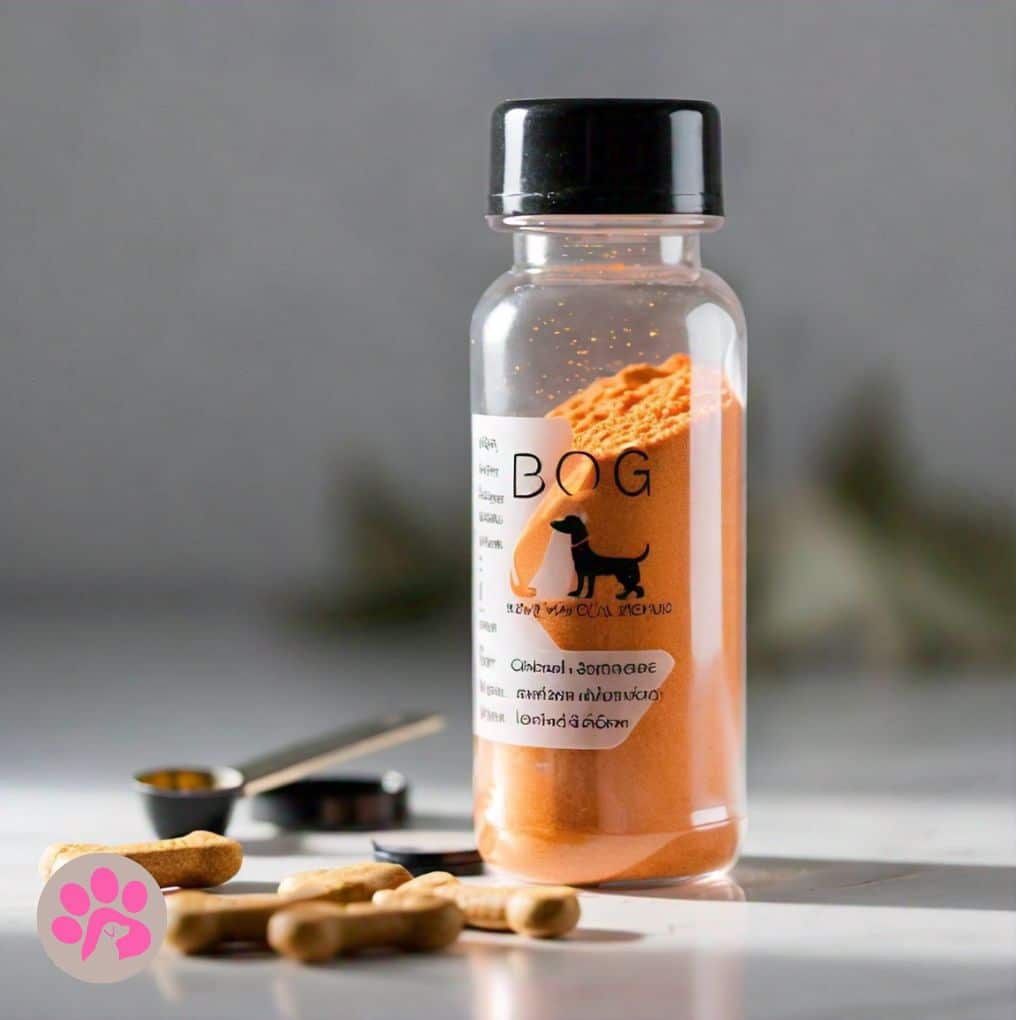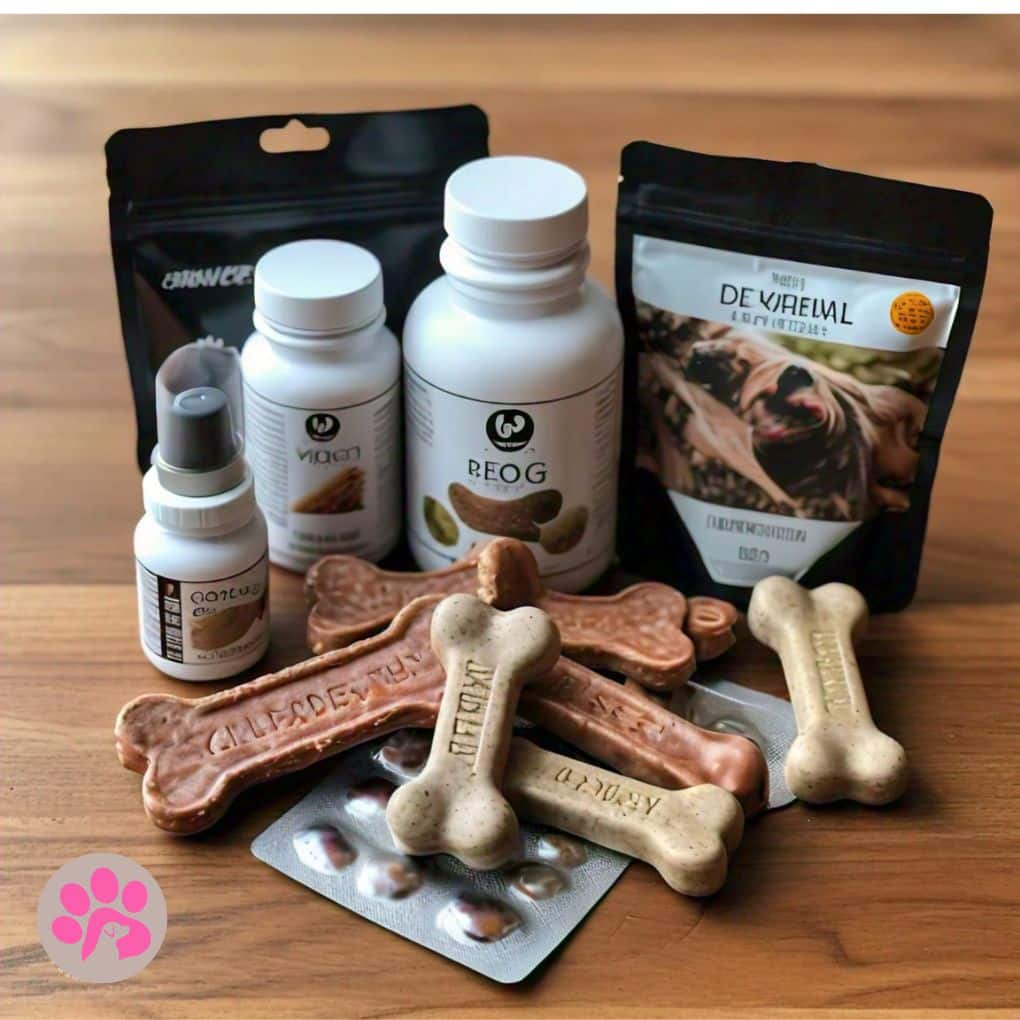If you’re a devoted dog parent, you’ve probably wondered at some point whether your furry friend could benefit from a supplement. With shelves stocked with everything from joint-support chews to probiotics and omega-3 capsules, the world of dog supplements can feel overwhelming. Are they really necessary, or are they just another pet trend?
The truth is, while not every dog needs supplements, they can play a vital role in maintaining health, managing specific conditions, and improving quality of life when used correctly. Let’s explore the world of dog supplements, what they do, and which ones might be worth adding to your pup’s routine.
What Are Dog Supplements?
Dog supplements are products designed to provide nutrients or compounds that may be missing or insufficient in your dog’s diet. They come in many forms—tablets, powders, chews, and even liquids—and can address various health concerns, from joint pain to digestion and skin health.
Unlike medications, supplements are not intended to cure or treat diseases. Instead, they work to support overall health, improve specific functions, or alleviate discomfort caused by chronic conditions.
Does Your Dog Need Supplements?
The first thing to understand is that not all dogs need supplements. If your dog is healthy, active, and eating a well-balanced diet, they’re probably getting most of the nutrients they need from their food. High-quality dog foods are formulated to meet the nutritional requirements set by organizations like the Association of American Feed Control Officials (AAFCO).

However, certain situations may call for supplementation:
- Older dogs with joint issues or arthritis.
- Puppies needing extra support for growth and development.
- Dogs with allergies, digestive problems, or skin conditions.
- Pets recovering from surgery or illness.
- Dogs on homemade or raw diets that might lack specific nutrients.
It’s always a good idea to consult your veterinarian before adding any supplements to your dog’s routine.
Top Dog Supplements to Consider
1. Glucosamine and Chondroitin
- What It Does: These supplements are commonly used to support joint health and alleviate symptoms of arthritis. Glucosamine helps rebuild cartilage, while chondroitin reduces inflammation and improves joint mobility.
- Who Needs It: Older dogs, large breeds prone to hip dysplasia, or active dogs experiencing joint strain.
- Fact Check: A study published in The Veterinary Journal found that glucosamine and chondroitin can reduce joint pain and improve mobility in dogs with osteoarthritis.

2. Omega-3 Fatty Acids
- What It Does: Found in fish oil, omega-3 fatty acids support skin health, reduce inflammation, and promote a shiny coat. They’re also beneficial for heart health and brain function.
- Who Needs It: Dogs with dry skin, allergies, arthritis, or inflammatory conditions.
- Fact Check: A 2020 study in Frontiers in Veterinary Science showed that omega-3 supplementation can significantly reduce symptoms of canine dermatitis and improve coat condition.

3. Probiotics
- What It Does: Probiotics are beneficial bacteria that promote a healthy gut. They aid digestion, improve nutrient absorption, and boost the immune system.
- Who Needs It: Dogs with digestive issues like diarrhea, gas, or food intolerances.
- Fact Check: Research from The Journal of Veterinary Internal Medicine suggests that probiotics can improve stool quality and reduce gastrointestinal disturbances in dogs.
4. Multivitamins
- What It Does: Multivitamins provide a broad spectrum of essential vitamins and minerals to fill in nutritional gaps.
- Who Needs It: Dogs on homemade diets, senior dogs with changing nutritional needs, or pets recovering from illness.
- Fact Check: While multivitamins can be helpful, oversupplementation of certain vitamins (like A or D) can be harmful, so dosing should always be done under veterinary guidance.
5. CBD Oil
- What It Does: Cannabidiol (CBD) oil is gaining popularity for its potential to reduce anxiety, manage pain, and even control seizures in dogs.
- Who Needs It: Dogs with anxiety, chronic pain, or epilepsy.
- Fact Check: According to a study in Frontiers in Veterinary Science, CBD oil reduced seizure frequency in dogs with epilepsy by over 50% in some cases.
6. Digestive Enzymes
- What It Does: These supplements help break down food and improve nutrient absorption, making them beneficial for dogs with digestive issues or pancreatic insufficiency.
- Who Needs It: Dogs with frequent bloating, gas, or a history of pancreatitis.
Are supplements safe for dogs?
While supplements can be beneficial, they’re not without risks. Here are some things to keep in mind:
- Quality Matters: Choose supplements from reputable brands that follow good manufacturing practices and are backed by third-party testing.
- Dosage Is Key: More isn’t always better. Stick to the recommended dose to avoid potential toxicity or adverse effects.
- Watch for Allergies: Some supplements contain additives or flavors that could trigger allergies. Always check the ingredient list.
The supplement industry isn’t as tightly regulated as medications, so it’s important to do your homework and consult your vet before starting any new product.
Supplements vs. Diet: Which Comes First?
It’s tempting to think of supplements as a quick fix, but they’re not a substitute for a balanced diet. High-quality dog food tailored to your pet’s age, size, and activity level should always be the foundation of their nutrition.

Supplements should only come into play when there’s a specific need or deficiency that diet alone can’t address. For example, a Border Collie with arthritis might benefit from glucosamine, while a Labrador with itchy skin could use omega-3s.
The Future of Dog Supplements
The pet health industry is booming, and the demand for dog supplements is only growing. New research is uncovering exciting possibilities, from supplements targeting canine cognition in aging dogs to personalized nutrition plans based on DNA testing.
With so many advancements on the horizon, it’s an exciting time to be a dog owner. Just remember: the best approach is one that’s tailored to your pet’s unique needs.
Do dog supplements make sense for your pup?
Dog supplements can be a game-changer for many pets, but they’re not a one-size-fits-all solution. Understanding your dog’s health needs, consulting your veterinarian, and choosing high-quality products are essential steps in ensuring your furry friend gets the right support.
Whether it’s easing joint pain, improving digestion, or giving their coat a glossy finish, the right supplement can help your pup live their best life. Just don’t forget love, exercise, and a well-balanced diet are the ultimate supplements any dog could ask for!